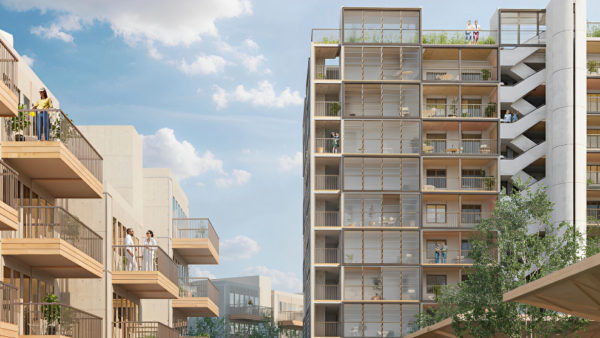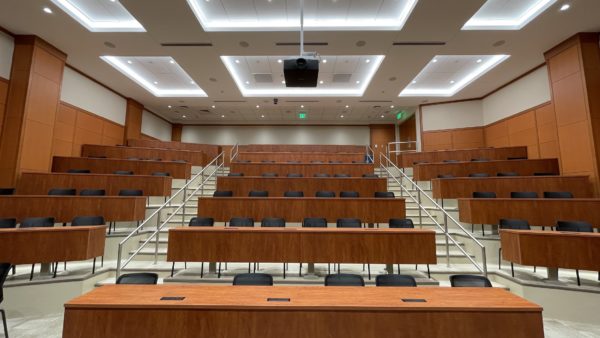
The world’s first advanced compressed air energy storage (CAES) is about to enter commercial operation in Zhangjiakou, a city in northern China’s Hebei Province.
The 100MW Zhangjiakou Advanced Compressed Air Energy Storage Demonstration Project scheme is a national pilot project for the technology, and is also the largest and most efficient CAES plant so far, according to the Chinese Academy of Sciences. It is located in Miaotan Cloud Computing Industrial Park and covers an area of 5.7ha.
It was developed over the past four years by the academy’s Institute of Engineering Thermophysics (IET) and can generate more than 132 million kWh of electricity a year, enough to power around 50,000 households during peak hours. It can also save 42,000 tonnes of coal a year and reduce carbon dioxide emissions by 109,000 tonnes, according to the IET.
Air compression is a relatively old technology – the first systems were built in cities such as Paris and Birmingham in the 19th century. They work by using surplus energy from grids to compress air in caverns. During periods of high demand, this air can be released, combined with fuel and ignited to drive turbines.
There are other ways of using potential energy as a battery – pump water storage is the most common – however CAES has the advantages of large capacity, low capital cost, a long lifetime, safety and environmental friendliness.
It also has disadvantages, since it is dependent on natural gas, requires large storage caverns and has low system efficiency. This advanced scheme solves these problems by using artificial storage vessel to improve energy density and reduce the need for convenient caverns.
It avoids the use of fossil fuels by recycling the heat generated during the compression of the gas. The academy says supercritical thermal storage, supercritical heat exchangers and “optimisation and integration technologies” have been adopted bring system efficiency to around 70%.
Further reading:










